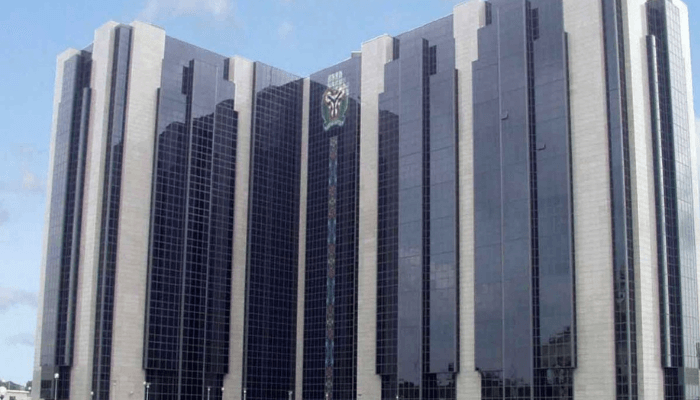The Central Bank of Nigeria (CBN) has announced an increase in its interest rate to 27.50%, up from 27.25% in September.
This decision, announced by Governor Olayemi Cardoso, is aimed at tackling the country’s high inflation, which climbed to 33.87% in October.
At its core, this decision seeks to make borrowing more expensive, encouraging people and businesses to spend less. By reducing the flow of money in the country, the CBN hopes to ease the pressure on rising prices.
However, this also means loans, mortgages, and other credit facilities could become costlier for individuals and businesses.
- Advertisement -
The bank is also keeping other key measures steady, such as the Cash Reserve Ratio (CRR), which dictates how much money banks must hold in reserve. For deposit banks, it remains at 50%, and for merchant banks, 16%. These measures aim to strike a balance between controlling money supply and ensuring banks have enough funds to operate.
Meanwhile, the naira continues to face challenges. While it strengthened slightly in the official market, trading at N1,659.44 to the dollar, it remains weaker in the black market at N1,750.
To improve transparency in currency trading, the CBN is introducing the Bloomberg BMatch system in December. This platform will allow banks to conduct foreign exchange transactions more efficiently and with greater oversight.
Globally, shifting U.S. monetary policies, driven by President-elect Donald Trump’s tariff announcements and Federal Reserve strategies, add further complexity. These interconnected dynamics highlight the challenges of navigating inflation and currency stability in today’s volatile economic landscape.










